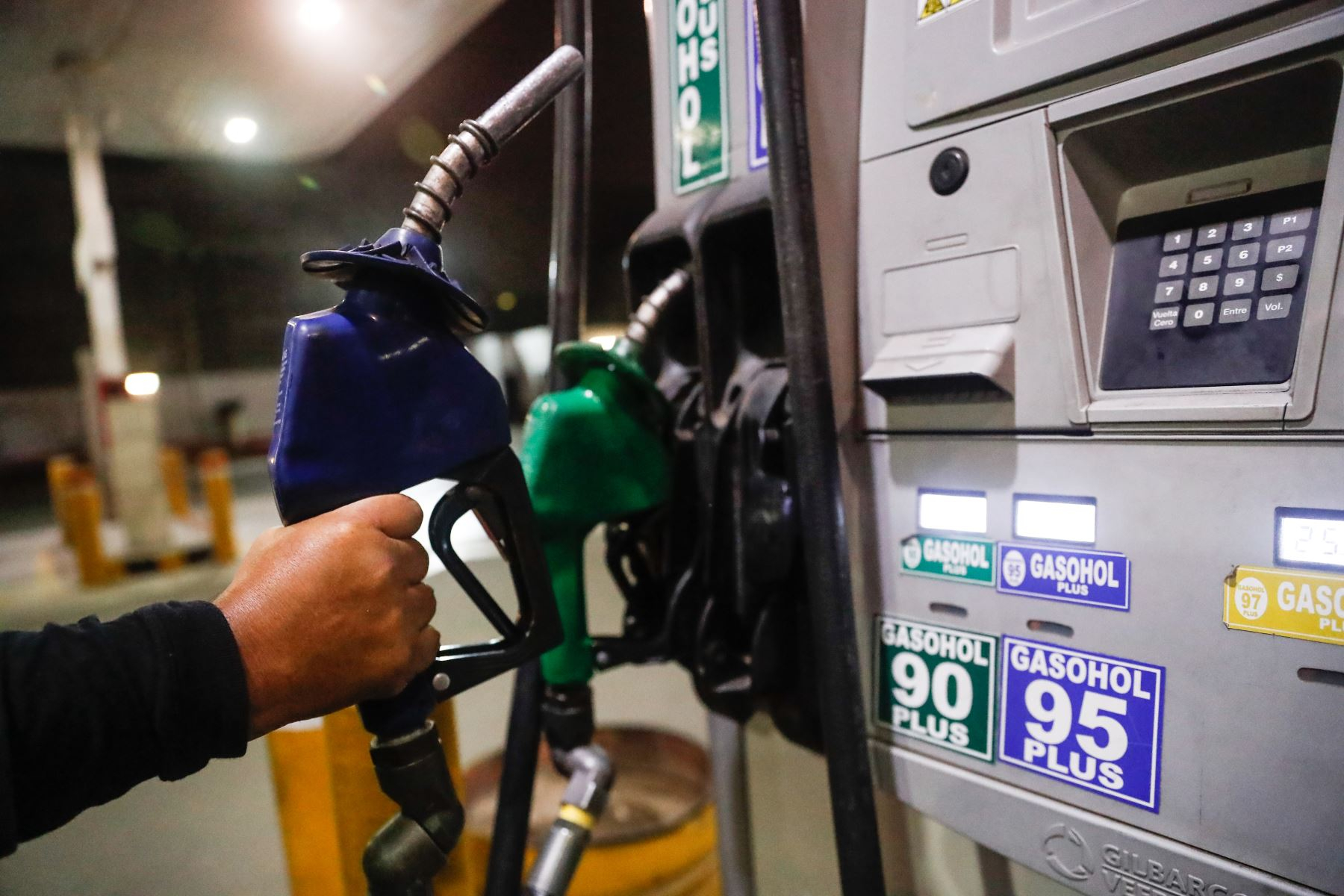
The wholesale producers and distributors, as well as taps and fuel sales establishments in our country, have a term of 60 and 120 calendar days, respectively —counted from January 1, 2023— to adapt their offer to only two types: regular (91 octane ) and premium (96 octane). Therefore, As of May 1, gasoline and gasoholes with octane ratings of 90, 95 and 97 will no longer be marketed.
Thus, as part of the transition, the changes are being progressively implemented at service stations nationwide. However, within the framework of this process, various doubts and concerns have arisen on the part of users associated with the availability, application and, above all, the price that fuels would have from now on.
In that sense, Jorge Rabinescommercial manager of fuels of Terpelexplained that the simplification of the number of gasoline and gasohol references optimizes the logistics chain, increases storage capacity and reduces the complexity of distribution; favoring access and improving coverage in the national territory.
According to Rabines, “the grades of gasoholes and premium (96) and regular (91) gasoline are the most widely available in Peru and cover the demand of almost 100% of the country’s vehicles, so this change should not mean an increase in the cost of gasoline for the user”.
Likewise, he added that it is even possible to extend the useful life of the engine and achieve more efficient consumption, taking into account the following recommendations:
- What the manufacturer says: Users should use octane ratings equal to or higher than the minimum required by the manufacturer, as using a lower octane rating can cause premature engine damage.
- Frequent maintenance: perform it regularly (at least twice a year) to the injection systems, changing the gasoline and air filters periodically, as it helps to optimize fuel consumption.
- efficient driving: Efficient gasoline consumption also depends on good driving. Harsh acceleration or short braking increases fuel use. In addition, it generates greater wear on tires, brakes, among others.
Source: Larepublica
Alia is a professional author and journalist, working at 247 news agency. She writes on various topics from economy news to general interest pieces, providing readers with relevant and informative content. With years of experience, she brings a unique perspective and in-depth analysis to her work.












